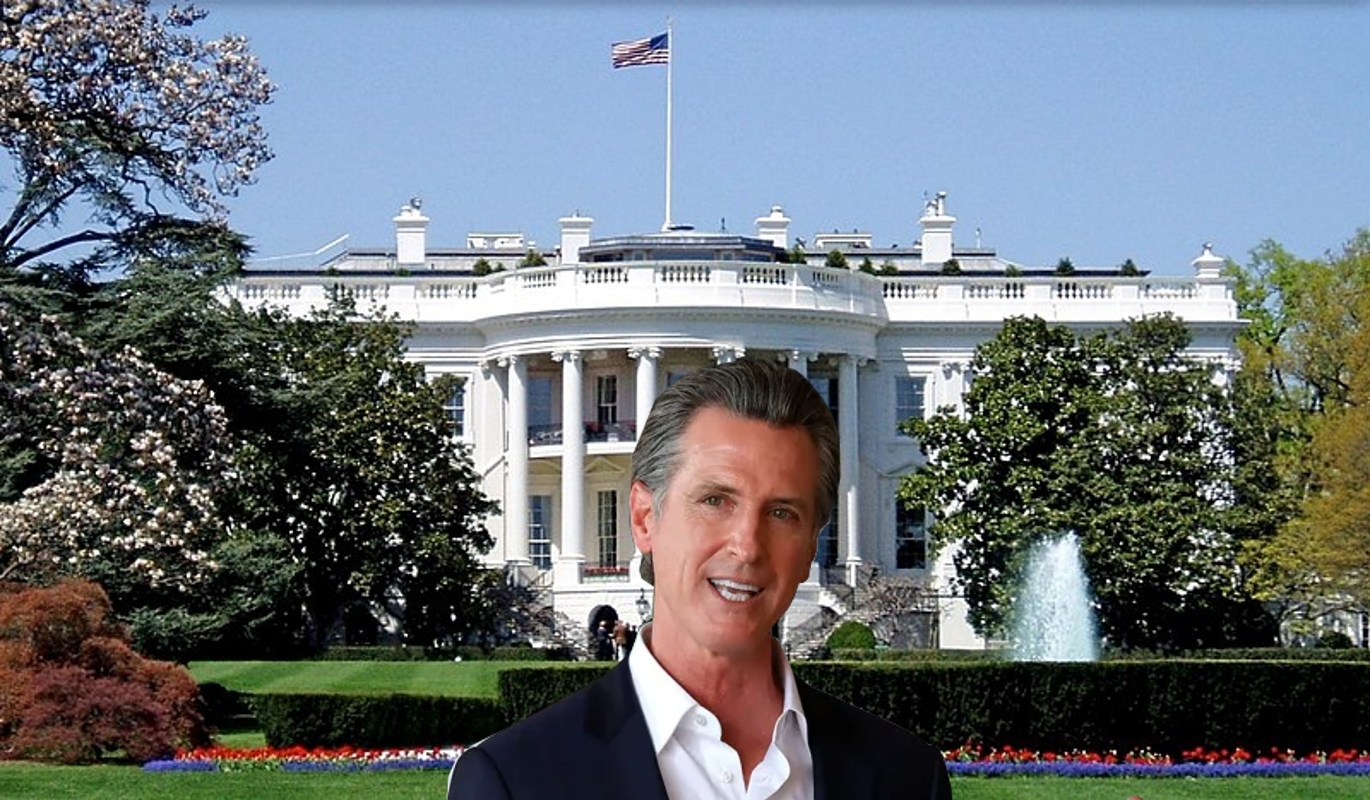Elon Musk, CEO of SpaceX and owner of X, announced on Tuesday that he will relocate the headquarters of both companies from California to Texas. This decision comes in direct response to California Governor Gavin Newsom signing a new law.
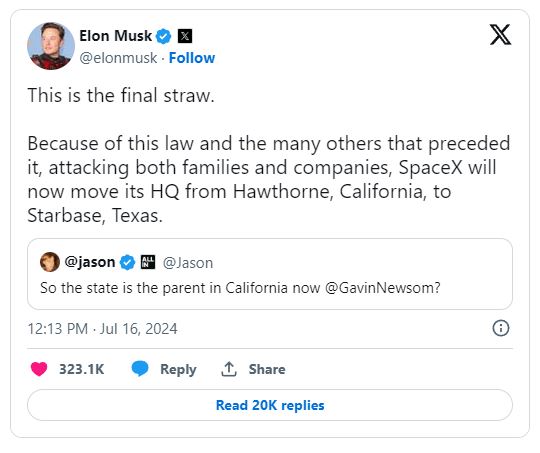
Musk had previously warned Governor Newsom about the potential consequences of such legislation. “I did make it clear to Governor Newsom about a year ago that laws of this nature would force families and companies to leave California to protect their children,” Musk stated on X, highlighting his concerns over the state’s policies.
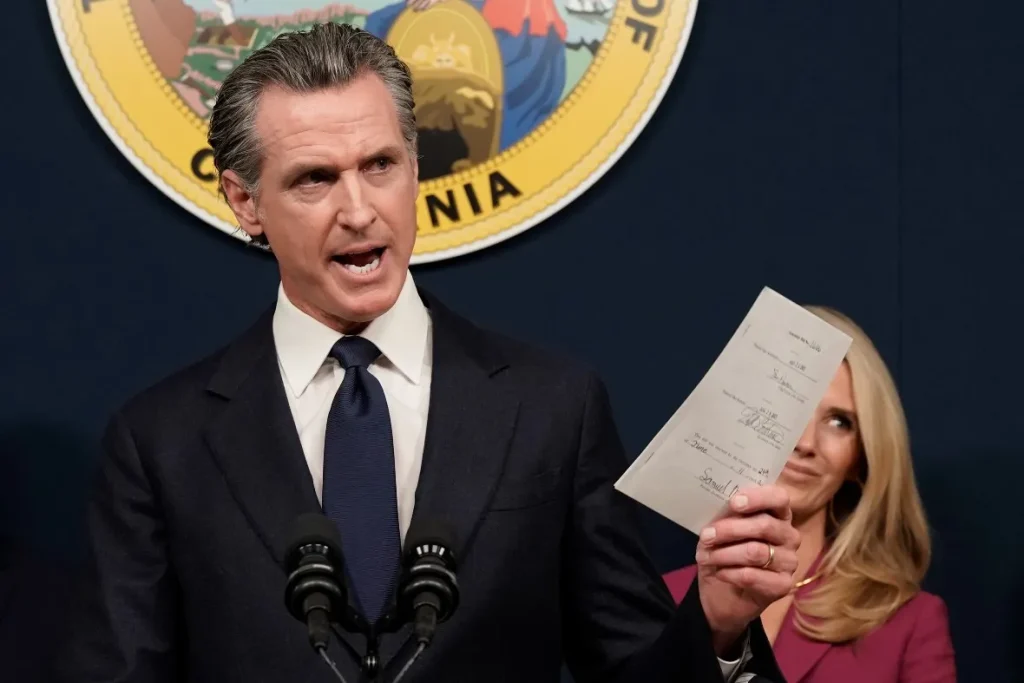
The controversial law, signed by Newsom on Monday, has sparked a heated debate about parental rights in schools. Proponents argue that the law protects the privacy and safety of students, while opponents, including Musk, believe it undermines parental involvement and could lead to adverse social consequences.
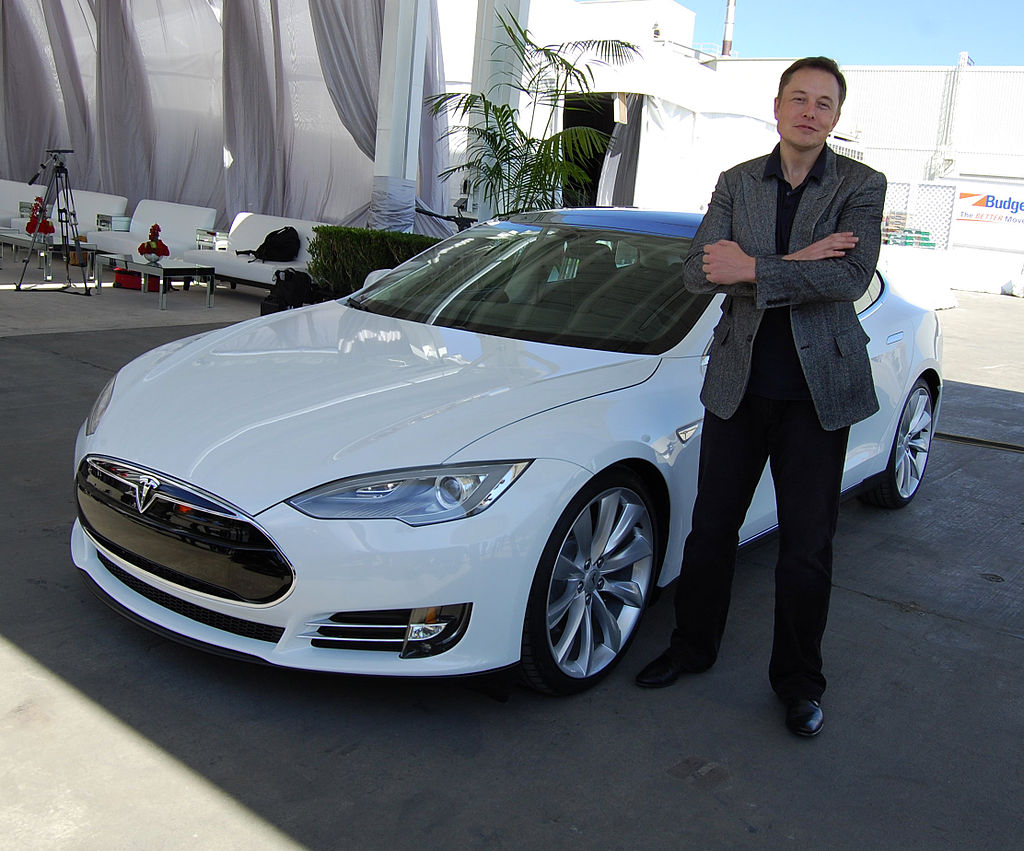
Musk’s decision to move his companies is also influenced by his personal experiences. In 2022, Musk’s then 18-year-old daughter legally changed her name to Vivian Jenna Wilson, distancing herself from the Musk family name and adopting her mother’s maiden name. When questioned about his estranged daughter, Musk told the Financial Times, “Can’t win them all,” while maintaining that he has good relationships with his other children.
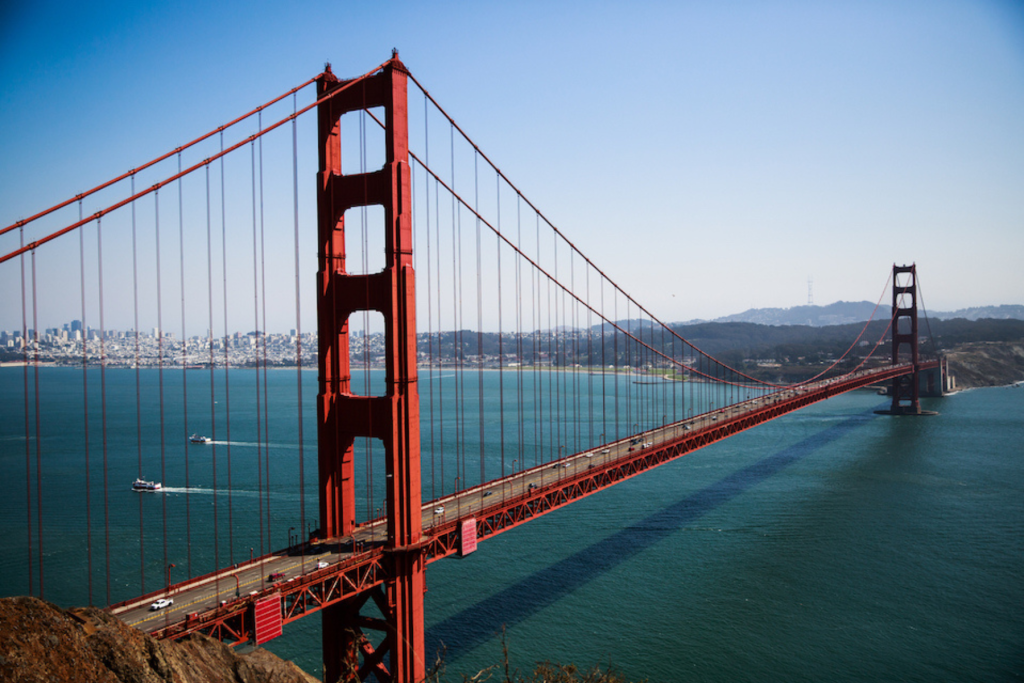
This relocation marks a significant escalation in the feud between Musk and Newsom, highlighting the broader conflict between California’s progressive policies and the conservative values that Musk has increasingly embraced. The move to Texas, known for its business-friendly environment and more conservative stance on social issues, aligns with Musk’s recent criticisms of California’s regulatory landscape and tax policies.
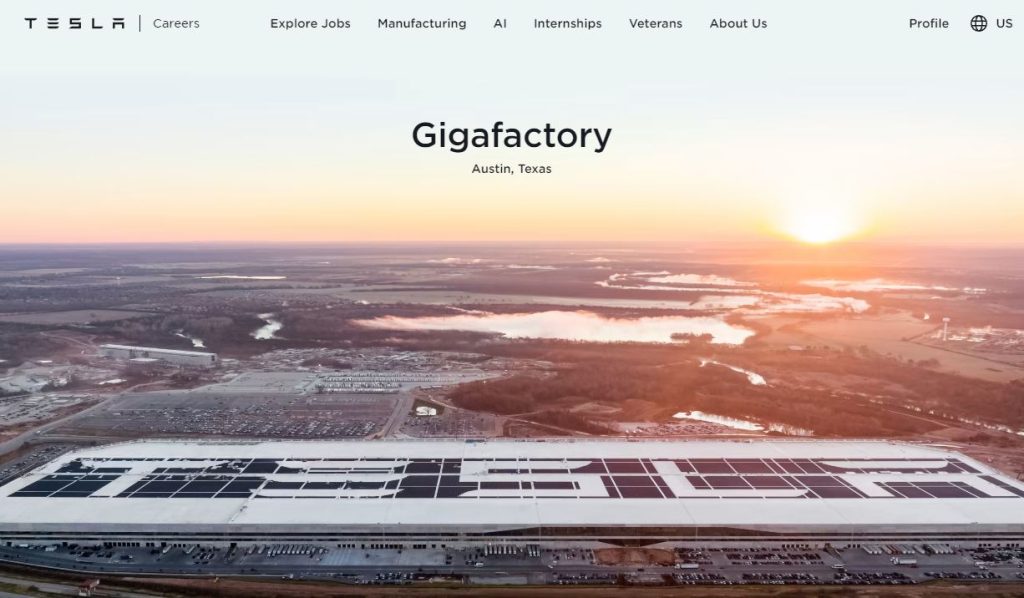
In addition to the latest law, Musk has long been vocal about his dissatisfaction with California’s high taxes and stringent regulations, which he argues stifle innovation and drive businesses away. This tension was already evident when Musk moved Tesla’s headquarters from California to Texas in 2021, citing similar reasons.
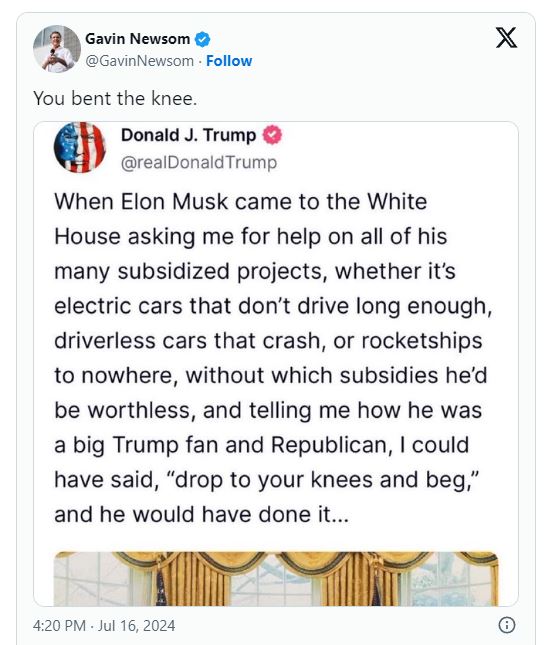
The ongoing conflict between Musk and Newsom has also drawn attention to the political implications. As President Joe Biden faces uncertainty about his potential re-election, Newsom’s high-profile clash with Musk could elevate him as a prominent figure in the Democratic Party. Newsom’s firm stance on progressive issues and his willingness to confront influential figures like Musk may resonate with Democratic voters seeking strong leadership.
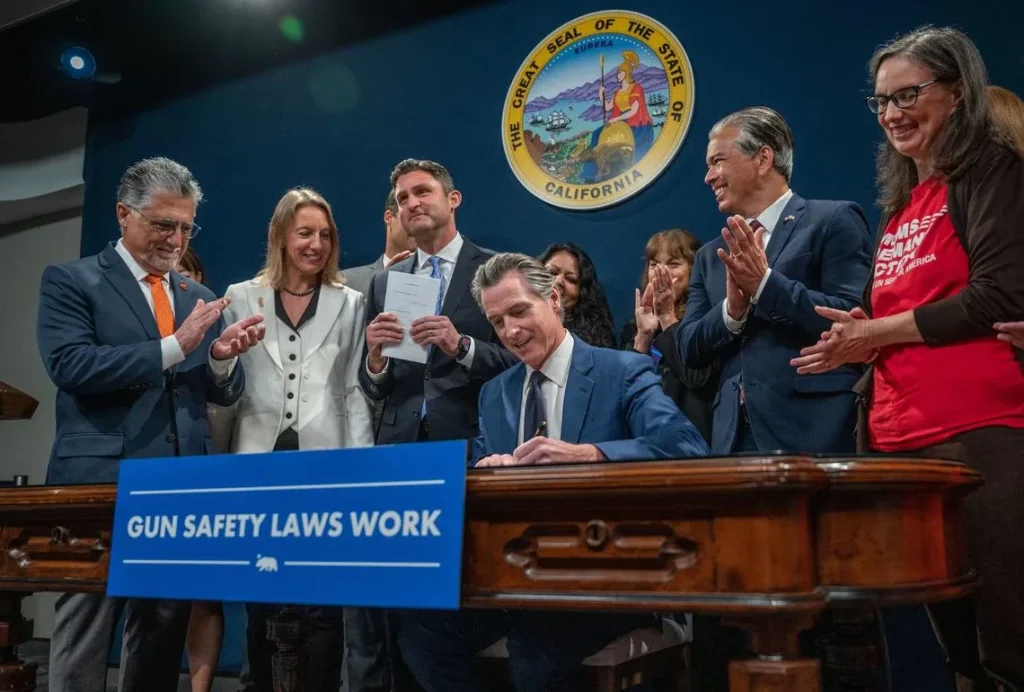
The path forward for Newsom is not without challenges. He must balance the demands of his progressive base with the practical concerns of businesses and residents affected by his policies. Newsom’s handling of this high-stakes feud will likely influence his political future and could position him as a potential contender for the presidency.
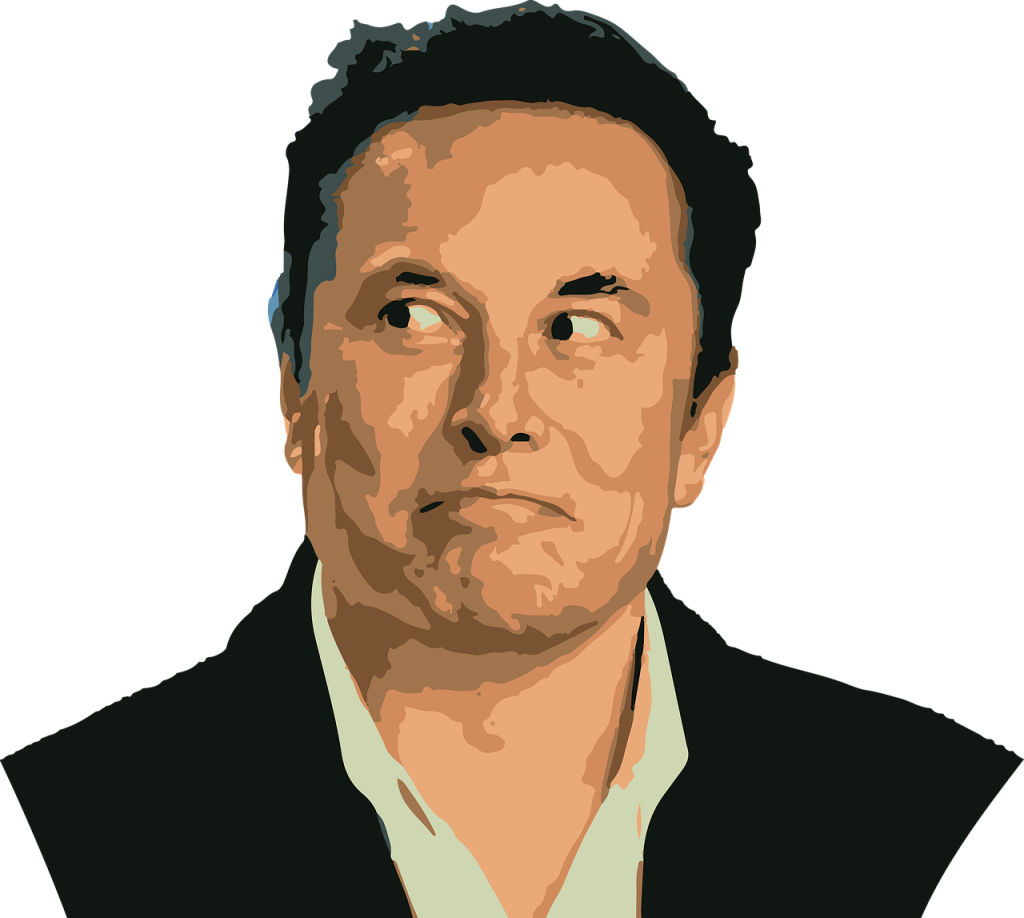
Musk’s relocation decision underscores the growing divide between California’s progressive agenda and the business community’s concerns. As this feud unfolds, it not only shapes the futures of Musk and Newsom but also reflects broader national debates on the balance between social progress and economic freedom.
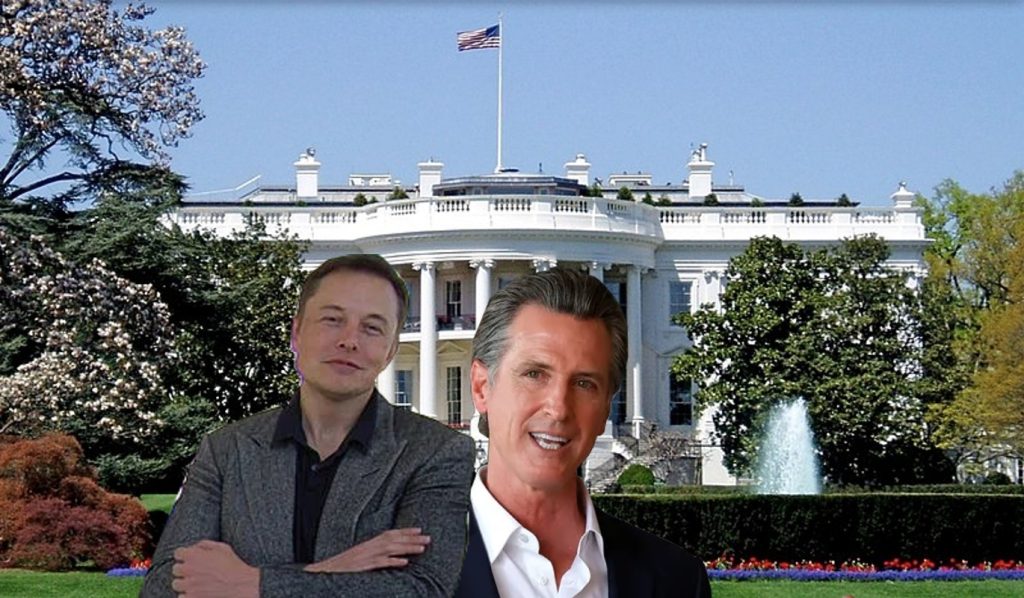
Musk’s public attacks on Newsom’s leadership could have the unintended consequence of pushing Newsom to the forefront in the search for Biden’s replacement. For now, the eyes of the nation remain fixed on this unfolding drama, watching as the political and economic implications continue to ripple across the country. Whether this feud will ultimately propel Newsom into the national political arena or further entrench the divide between California and its critics remains to be seen.

